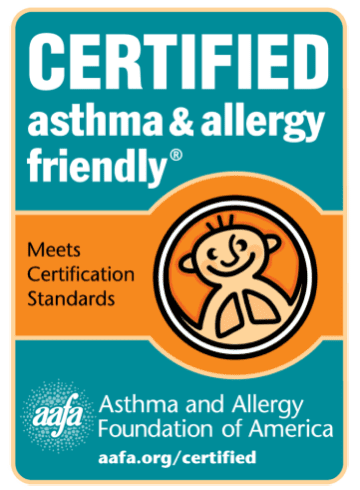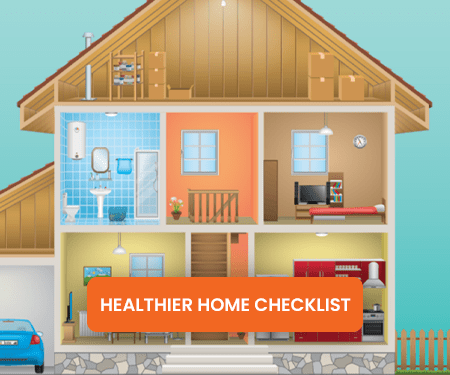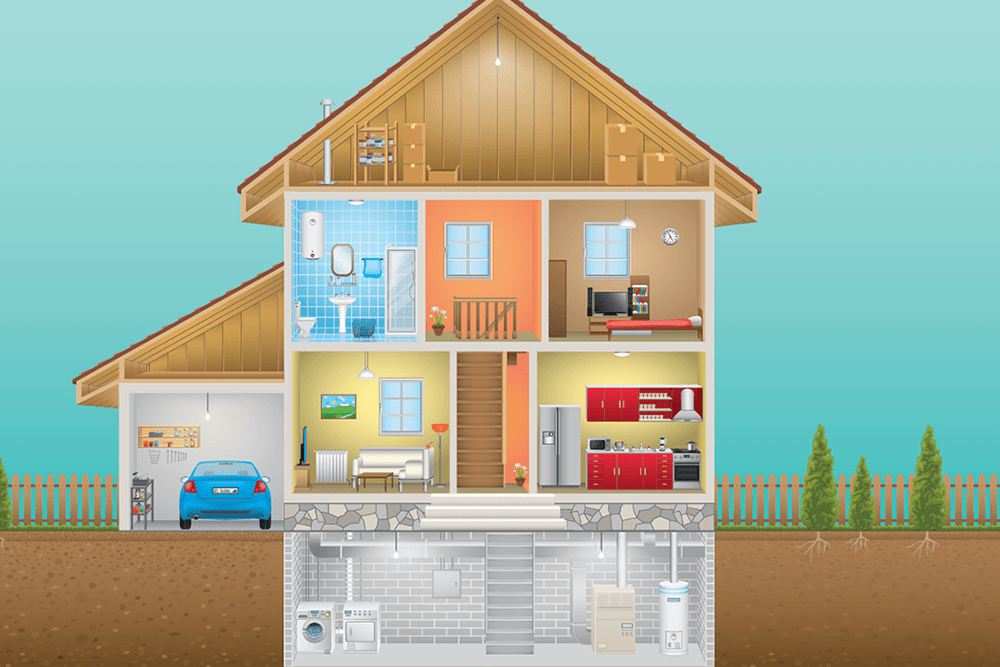Allergy Prevention
How Can I Prevent Allergic Reactions and Manage Allergies?
An allergy management plan is key to preventing allergic reactions. It is also necessary to control your allergies. Work with your doctor to create your allergy management plan.
Controlling your allergies and preventing allergic reactions depends on your type of allergy. Here are some ways to manage your allergies:
- Avoid your allergens. This is very important but not always easy. Some allergens are easier to avoid than others. When you can’t avoid an allergen, try to reduce your contact with it.Learn more about how to manage your specific allergies:
- Take your medicines as prescribed. They can be helpful for managing your symptoms. Take them while also avoiding allergens.
- If you are at risk for anaphylaxis, keep your epinephrine auto-injectors with you at all times. Epinephrine is the only treatment for a severe allergic reaction. It is only available through a prescription from your doctor. Each prescription comes with two auto-injectors in a set.
- Keep a diary. Track what you do, what you eat, when symptoms occur and what seems to help. This may help you and your doctor find what causes or worsens your symptoms.
- Wear a medical alert bracelet (or necklace). If you have ever had a severe allergic reaction, please wear a medical alert bracelet. This bracelet lets others know that you have a serious allergy. It can be critical if you have a reaction and you are unable to communicate.
- Know what to do during an allergic reaction. Have a written anaphylaxis emergency action plan
 . It tells you and others what to do in case you have allergic symptoms or a severe allergic reaction. Always ask your doctor if you have any questions.It is crucial to recognize that you are having an allergic reaction and to respond quickly and properly. If the reaction is progressing and getting severe, call 911 (activate the Emergency Medical Services) immediately. Do not try to take yourself or a family member or friend to the hospital. You might have to stop and render aid on the way. It is always best to stay where you are and have an ambulance transport you.
. It tells you and others what to do in case you have allergic symptoms or a severe allergic reaction. Always ask your doctor if you have any questions.It is crucial to recognize that you are having an allergic reaction and to respond quickly and properly. If the reaction is progressing and getting severe, call 911 (activate the Emergency Medical Services) immediately. Do not try to take yourself or a family member or friend to the hospital. You might have to stop and render aid on the way. It is always best to stay where you are and have an ambulance transport you.
Using CERTIFIED asthma & allergy friendly® products in your home can help you have a healthier indoor environment, as well as reduce allergens.
Learn more about the asthma & allergy friendly® Certification Program by visiting aafa.org/certified.
Medical Review: October 2015









 . It tells you and others what to do in case you have allergic symptoms or a severe allergic reaction. Always ask your doctor if you have any questions.It is crucial to recognize that you are having an allergic reaction and to respond quickly and properly. If the reaction is progressing and getting severe, call 911 (activate the Emergency Medical Services) immediately. Do not try to take yourself or a family member or friend to the hospital. You might have to stop and render aid on the way. It is always best to stay where you are and have an ambulance transport you.
. It tells you and others what to do in case you have allergic symptoms or a severe allergic reaction. Always ask your doctor if you have any questions.It is crucial to recognize that you are having an allergic reaction and to respond quickly and properly. If the reaction is progressing and getting severe, call 911 (activate the Emergency Medical Services) immediately. Do not try to take yourself or a family member or friend to the hospital. You might have to stop and render aid on the way. It is always best to stay where you are and have an ambulance transport you.




